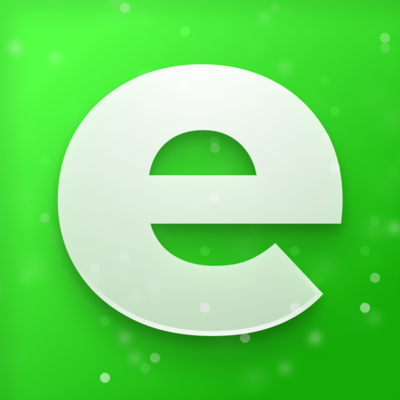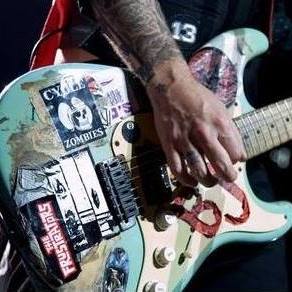It already has been out for like a few months
@moreeni just noticed it now! 🐢
Awesome. Would be nice to remove some of those useless options. (Stop trying to make Pocket happen, please)
I don’t think, they need to ‘make Pocket happen’. At least, I assume, it’s already generating income for them, which makes them somewhat less dependent on search engine deals, which is what they want from it.
Anyways, if you want the buttons to be hidden, you can disable
extensions.pocket.enabledin about:config.
I like the idea of this (and it’s been in stable for over a month) but in practice I never use it. It leaves way too many things in.
One easy example is discord images. Go to discord, find an image you or someone else posted, and open it in firefox. After the extension they add a bunch of extra stuff on. Firefox will leave it all on even if you select “Copy without site tracking”, while you can easily just manually copy up to the extension and no further.
I get that they have to strike a balance between removing parts of the link and preserving functionality, and that they can’t always know what extra data in the link is being used for - but I think that just means this is something that’ll always be better done manually.
That’s all those little link suffixes right? Can you turn this option into the default so you don’t have 2 options? I don’t think I’ve ever had a use case for sharing a link while telling my friends where I found it.
Everything after the final slash is data. This data is stored in key/value pairs, where the key is a variable name that is expected in the server’s code and the characters following the “=“ is the encrypted value. Each pair is separated by an encrypted “&”, or “&”. Many times this string of values begins with a “?”.
https://example.com/path/to/item/?id=568953&name=shjbxsdhjhcdf&xyz=djkkgcdtjnSo we can maybe guess what the values might be but only if we know what the keys mean, and then we’d have to give exactly the right data for each key (id, name, xyz). For all we know the most important piece of data in that string is
xyzand it may be required, but we don’t know that so we strip the whole query string off and now have a useless URL.Mostly, stripping off the query string should be fine if the path to the item you’re looking for is enough. Like the amazon example in the other comment. Other times, not so much.
Sorry for the novel, I can explain more if you’d like.
Yeah that’s what I was thinking as well. Amazon and YouTube are the only two I know of that use those strings for specific pages or content.
Yup. I’m copying some Audible links now and the ampersand isn’t encrypted and the query string starts after the ? instead of the last slash, so there are different ways of doing it. We couldn’t guess at that, though! :)
In general, you see it more often for older websites or older server software, because we only really worked out around the year 2010 or so, that essential information for identifying a resource should be placed in the path.
Beforehand, it was largely something that webpage authors decided based on gut feeling…




